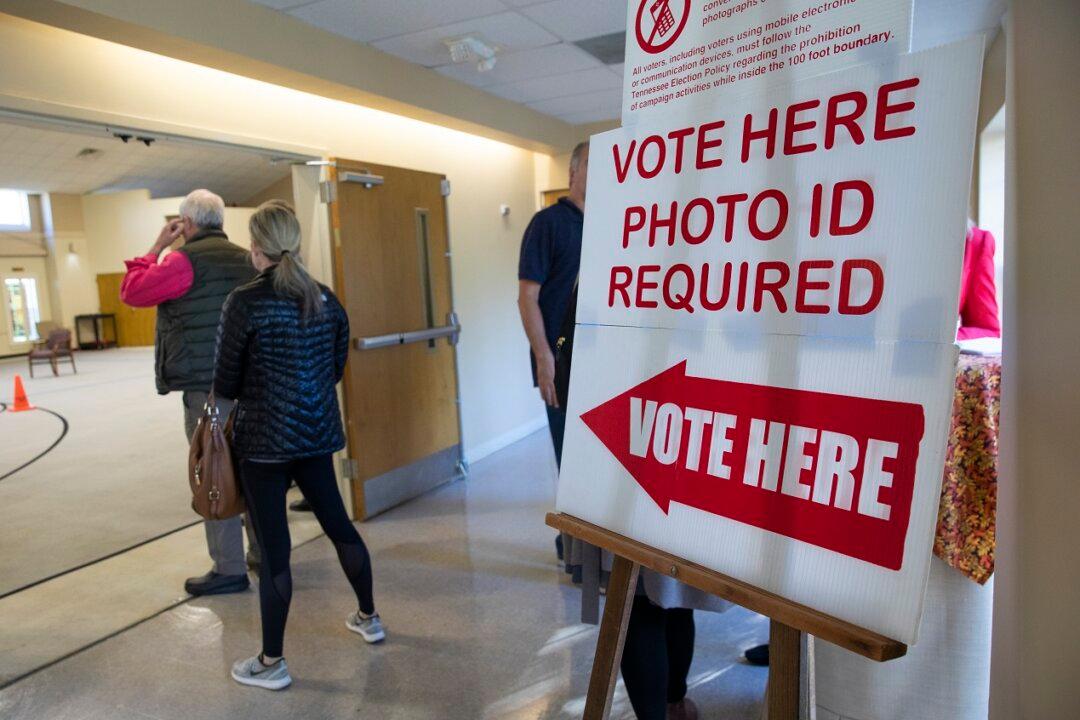A federal judge is preparing to grant the NAACP’s request to block a North Carolina law requiring that voters use photo identification to prove who they are before voting in elections.
With 15 electoral votes, North Carolina was a key battleground state in the 2016 presidential election, and there’s every indication that it will retain that status in the 2020 election. Republican Donald Trump won 49.8 percent of the popular vote in the state in 2016, compared to the 46.2 percent won by Democrat Hillary Clinton.





